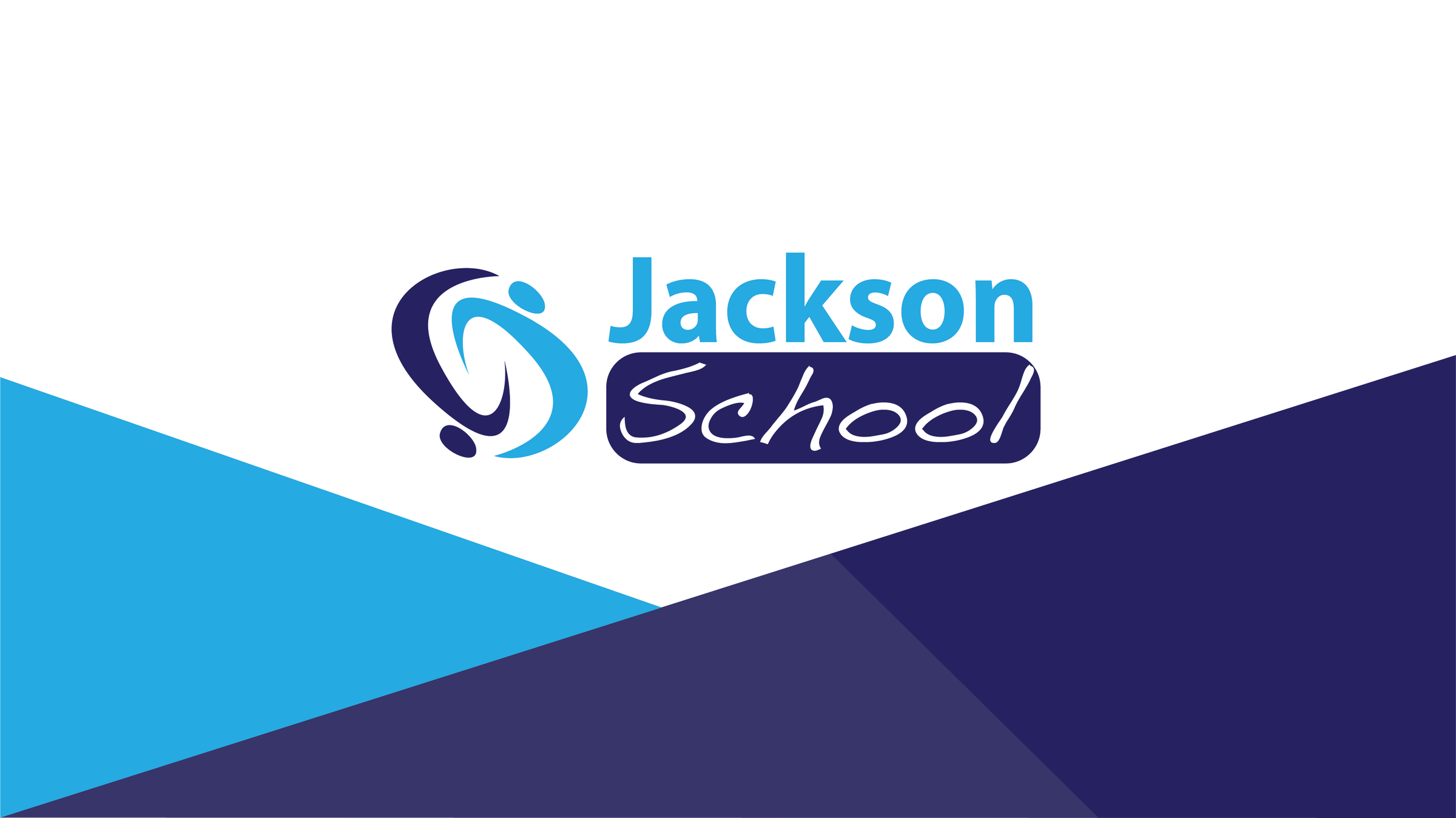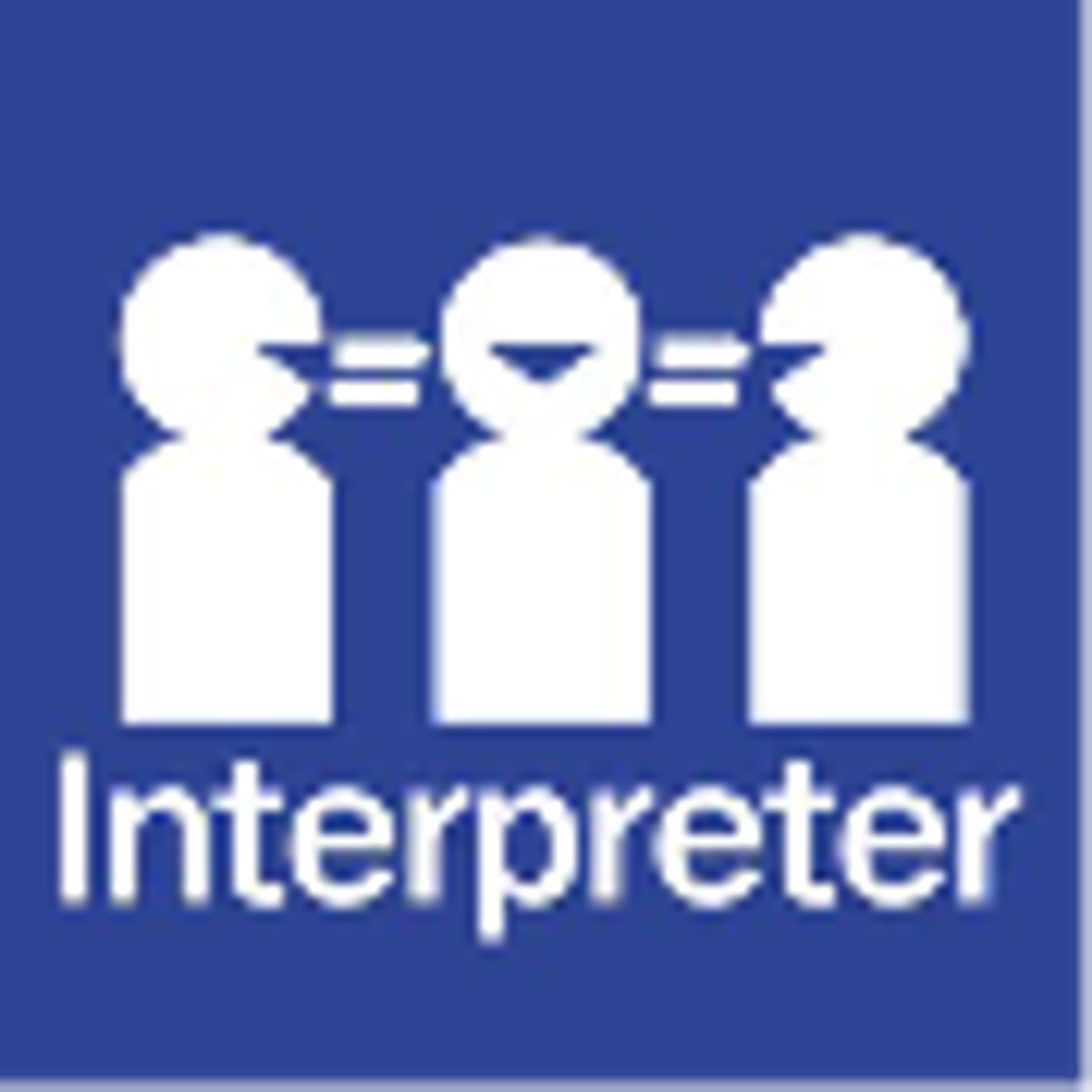Digital Learning
(INTERNET, SOCIAL MEDIA AND DIGITAL DEVICES)

Digital Learning
(INTERNET, SOCIAL MEDIA AND DIGITAL DEVICES)


Help for non-English speakers
If you need help to understand the information in this policy please contact the school office on (03) 9366 4322
PURPOSE
To ensure that all students and members of our school community understand:
SCOPE
This policy applies to all students and staff at Jackson School.
Staff use of technology is also governed by the following Department policies:
Staff, volunteers and school councillors also need to adhere to codes of conduct relevant to their respective roles. These codes include:
DEFINITIONS
For the purpose of this policy, “digital technologies” are defined as digital devices, tools, applications and systems that students and teachers use for learning and teaching; this includes Department-provided software and locally sourced devices, tools and systems.
POLICY
The use of digital technologies is a mandated component of the Victorian Curriculum F-10.
Safe and appropriate use of digital technologies, including the internet, apps, computers and tablets, can provide students with rich opportunities to support learning and development in a range of ways. Digital Technologies are integrated throughout all learning areas to support and enhance teaching and learning. The Digital Technologiescurriculum supports the General Capabilities and Employability skills to ensure our students are prepared for our ever-changing world.
Through increased access to digital technologies, students can benefit from enhanced learning that is interactive, collaborative, personalised, engaging and transformative. Digital technologies enable our students to interact with and create high quality content, resources and tools. It also enables personalised learning tailored to students’ particular needs and interests and transforms assessment, reporting and feedback, driving new forms of collaboration and communication.
Jackson School believes that the use of digital technologies at school allows the development of valuable skills and knowledge and prepares students to thrive in our globalised and inter-connected world. Our school’s vision is to empower students to use digital technologies safely and appropriately to reach their personal best and fully equip them to become contributing memebers of the wider community.
Teaching and Learning at Jackson School is supported by the use of a variety of provided digital devices including, iPads and notebook computers. The allocation of devices is as follows:
Prep - Year 8 1:1 iPad
Years 9 - 12 1:1 Notebook Computers
We also provide school sets of notebook computers and iPads that classes can borrow when required. In addition to this we also provide individualized devices for students who require AAC assistance with their communication.
All staff are provided with a notebook computer from DET and school purchased iPads.
Digital technologies, if not used appropriately, may present risks to users’ safety or wellbeing. At Jackson School, we are committed to educating all students to use digital technologies safely, equipping students with the skills and knowledge to navigate the digital world.
At Jackson School, we:
Distribution of school owned devices to students and personal student use of digital technologies at school will only be permitted where students and their parents/carers have completed a signed Acceptable Use Agreement.
It is the responsibility of all students to protect their own password and not divulge it to another person. If a student or staff member knows or suspects an account has been used by another person, the account holder must notify the classroom teacher immediately, who will then notify a member of the Leadership team.
All messages created, sent or retrieved on the school’s network are the property of the school. The school reserves the right to access and monitor all messages and files on the computer system, as necessary and appropriate. Communications including text and images may be required to be disclosed to law enforcement and other third parties without the consent of the sender.
Information on supervision arrangements for students engaging in digital learning activities is available in our Yard Duty and Supervision Policy.
Our school follows the Department’s policy on Social Media Use to Support Learning to ensure social media is used safely and appropriately in student learning and to ensure appropriate parent notification occurs or, where required, consent is sought. Where the student activity is visible to the public, it requires consent.
In accordance with the Department’s policy on social media, staff will not ‘friend’ or ‘follow’ a student on a personal social media account or accept a ‘friend’ request from a student using a personal social media account unless it is objectively appropriate, for example where the student is also a family member of the staff.
If a staff member of our school becomes aware that a student at the school is ‘following’ them on a personal social media account, Department policy requires the staff member to ask the student to ‘unfollow’ them, and to notify the school and/or parent or carer if the student does not do so.
When a student acts in breach of the PBIS behaviour expectations of our school community (including cyberbullying, using digital technologies to harass, threaten or intimidate, or viewing/posting/sharing of inappropriate or unlawful content), Jackson School will institute a staged response, consistent with our student engagement and behaviour policies or PBIS behaviour practices and our AUA.
Breaches of this policy by students can result in a number of consequences which will depend on the severity of the breach and the context of the situation. This includes:
COMMUNICATION
POLICY REVIEW AND APPROVAL
| Policy last reviewed | 12/02/2023 |
| Consultation | School Community 15th February 2023 |
| Approved by | Principal |
| Next scheduled review date | 12/02/2025 |